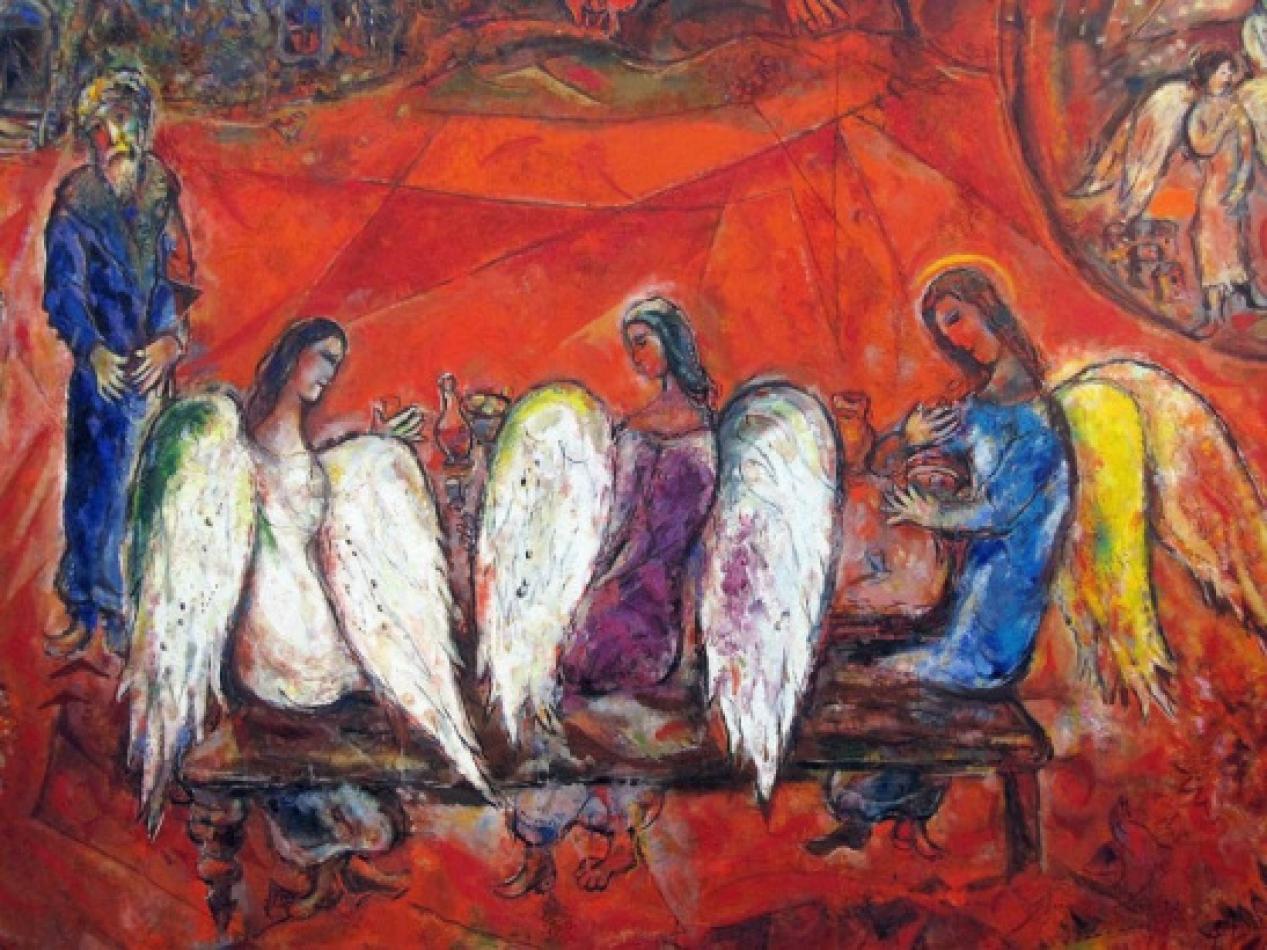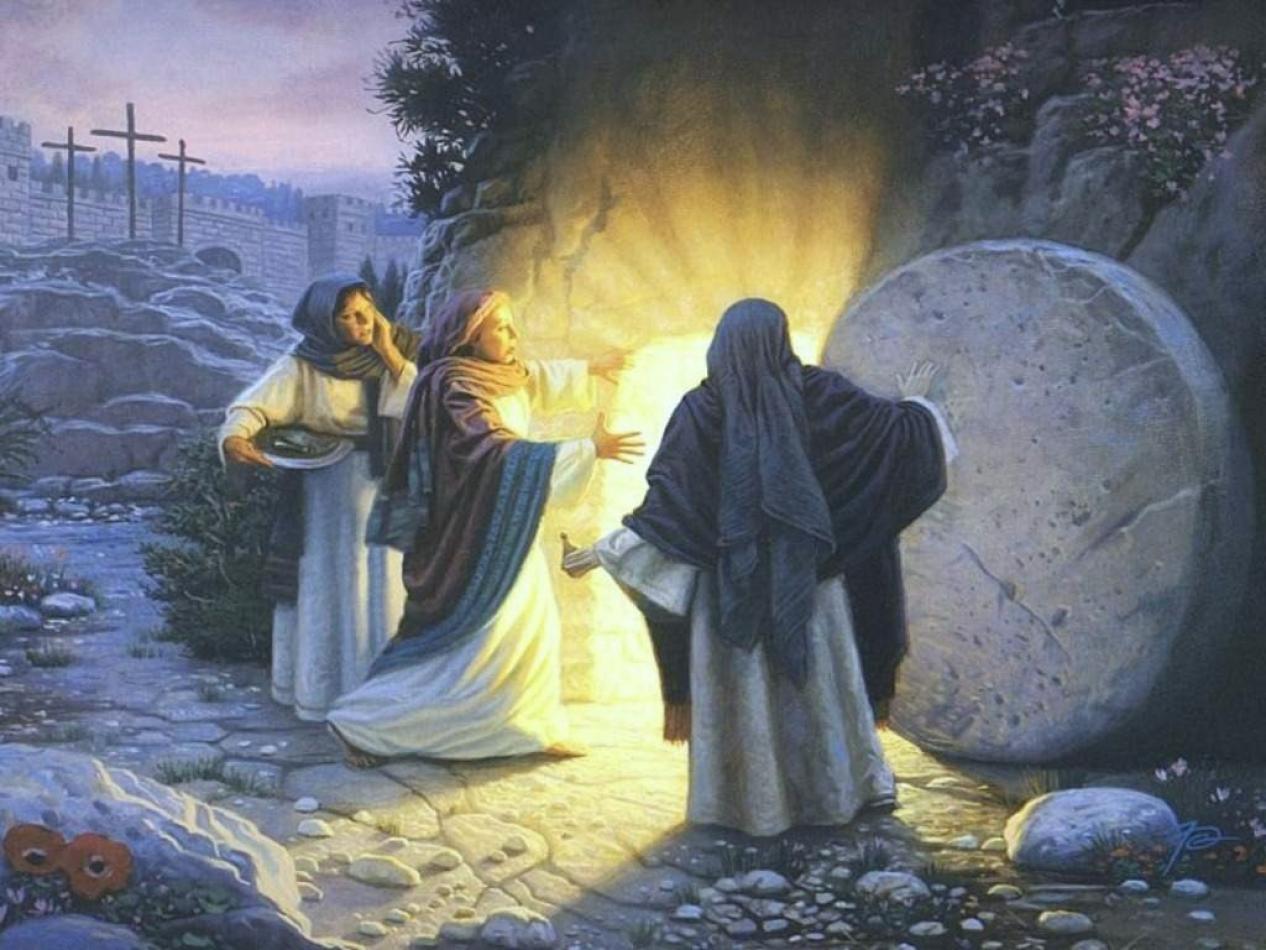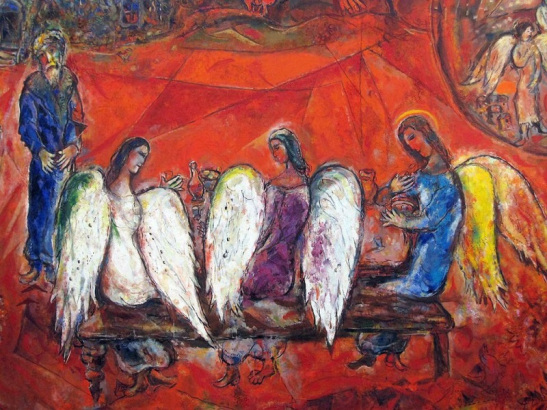Daniel Comboni
Comboni Missionaries
Institutional area
Other links
Newsletter
There are only three but very dense verses. They constitute the Gospel passage today. They would be enough to correct the distorted image of God still present in the minds of many Christians—that of the stern and inflexible judge—and to open our hearts to trust in his love.
John 3:16-18
GOSPEL REFLECTION
There are only three but very dense verses. They constitute the Gospel passage today. They would be enough to correct the distorted image of God still present in the minds of many Christians—that of the stern and inflexible judge—and to open our hearts to trust in his love.
“God so loved the world that he gave his only begotten Son that whoever believes in him may not be lost”(v. 16). It can be considered the summit reached by the biblical revelation on the meaning of creation, life and human destiny.
Contemplating and amazed at the revelation of God’s plan, John discovers that God’s gratuitous love is at the origin of all. Unlike what he says in his first letter—where he sees this love spilling itself over into the Christian community (1 Jn 4:7-12)—here the evangelist attends to the unfolding of endless horizons: the love of God expands, irrepressible, unstoppable and fills the entire “world.” We are at the antipode of the famous statement: “The world in which we live can be understood as a result of the disorder and chance; but if it is the outcome of a deliberate intent, this must have been the intent of a devil.”
Although it may seem strange, the image of God who loves people has struggled to establish itself in Israel. It had to wait for the prophet Hosea (8th cent. B.C.) to find it for the first time. This reluctance was due to the fact that, in pagan religions, the rapport of love with the divinity had ambiguous connotations of a sexual nature.
John, who has seen with his own eyes and touched with his hands the word of life (1 Jn 1:1), arrives to say, “God is love” (1 Jn 4:8); love that manifested itself in giving his only begotten Son as his gift to the world. He has not only given him in the Incarnation; he delivered him into human hands to die on the cross. There he has shown his true face, without any veil.
Paul shows that he understood this miracle of love when, writing to the Romans, says: “But see how God manifested his love for us, while we were still sinners, Christ died for us” (Rom 5:8).
In the face of this gift, what is required of a person? One thing only: that one trusts, abandons oneself in God’s arms—as does the bride with the groom—who hands herself to him in immense love and in the certainty of meeting life.
When we think of God who became one of us in Jesus of Nazareth, sometimes we make the mistake of considering this fact as an episode, a sad parenthesis of his existence. He came among us, remained a little more than thirty years, suffered and died on the cross, then returned to heaven, far away, happy to have retaken the former state.
That is not so. Our God took on our human nature and remains forever one of us. He has not pulled himself out of our world. He is and remains always the Emmanuel, the God-with-us (Mt 28:20).
One of the most balanced articles of the Jewish faith was the God who judges everyone’s deeds. The same Messiah was awaited not as one who helps to overcome sin, but as the executor of divine judgment. This belief also transpires from many texts of the New Testament: John the Baptist announces an impending judgment from which no one could escape (Mt 3:7-10); Paul preaches the “a great punishment on the day of judgment when God will appear as a just judge. He will give each one his due, according to his actions” (Rom 2:5-6); Jesus himself uses at times, the image of the court: “I have never known you, away from me, you evil people” (Mt 7:23).
In the Gospel of John, neither the Father nor Jesus appear as judges who condemn, but only as saviors of persons: “God did not send his Son into the world to condemn the world; instead, through him, the world is to be saved” (v. 17). “For I have come, not to condemn the world, but to save the world” (Jn 12:47).
They seem to be contradictory texts; in reality, while using various languages and images, they affirm the same truth: God’s judgment is always and only salvation. It’s not a judgment pronounced at the end of life. It is the valuable assessment that the Lord puts today in front of every person so that his choices are guided by true wisdom, not that of this world which leads to death, but that of Christ.
The third and final verse of today’s passage is read in this perspective. In it, the responsibility of each person in front of God’s love is highlighted. “Whoever believes in him will not be condemned. He who does not believe is already condemned” (v. 18).
The judgment is not pronounced by God at the end of time but now. It is the person who, trusting in Christ and in his word, chooses life. Refusing God’s plan of love, a person decrees his own condemnation.
Today we are called to welcome the joy that God offers, but we can also commit the folly of delaying or even refusing his embrace. He expects an immediate “yes” from persons because every moment spent in sin, in the rejection of his love, is a wasted opportunity.
What is the criterion, the reference point specified by God to have a wise and right judgment on the choices to make in life?
We find the answer in a group of texts that, in John’s Gospel, present Jesus the judge. “I came into the world to carry out a judgment” (Jn 9:39); “The Father has entrusted all judgment to the Son” (Jn 5:22). It is on his person, on his proposal of life, and values he preached that the Father will assess the existence of every person and he will decide the success or failure.
It does not state that in the end, he will forever refuse who did wrong, who followed other criteria, other judgments. God does not cast out anyone; “he wants all to be saved” (1 Tim 2:4). The absurdity of one of his condemnation is presented by Paul with a series of rhetorical questions: “If God is with us who shall be against us? Who shall accuse those chosen by God? He takes away the guilt. Who will dare to condemn them? Christ who died, and better still, rose and is seated at the right hand of God, interceding for us?” (Rom 8:31-34). The conclusion is obvious: “No creature will ever separate us from the love of God which we have in Jesus Christ, our Lord” (Rom 8:39).
However, at the end of life, when God “will test the work of everyone” (1 Cor 3:13), the conformity or discrepancy of each person’s action with the person of Christ will appear clear. God then surely welcomes all in his arms, though some will be forced to admit to having badly managed, and hopelessly wasted the unique opportunity that was offered to them. The work of this person—warns Paul— “will become ashes; although he will be saved, but it will be as if passing through fire” (1 Cor 3:15).
READ: The Gospel proclaims the inexhaustible depths of God’s love that gives away the Son to redeem humanity.
REFLECT: Being a communion of love, God gives us the fullness of Himself and His Love. So, like the Trinity, we are all called to be in communion in Love as well.
PRAY: Communion and solidarity are what we need in this globalized but greatly divided world. We pray for the unity of all the children of God. We also pray for the daily gift of grace, love, and fellowship of the Trinitarian God in our life.
ACT: How can we be agents of unity? It is when we build bridges, not walls, in our communities
Fernando Armellini
Italian missionary and biblical scholar
https://sundaycommentaries.wordpress.com





